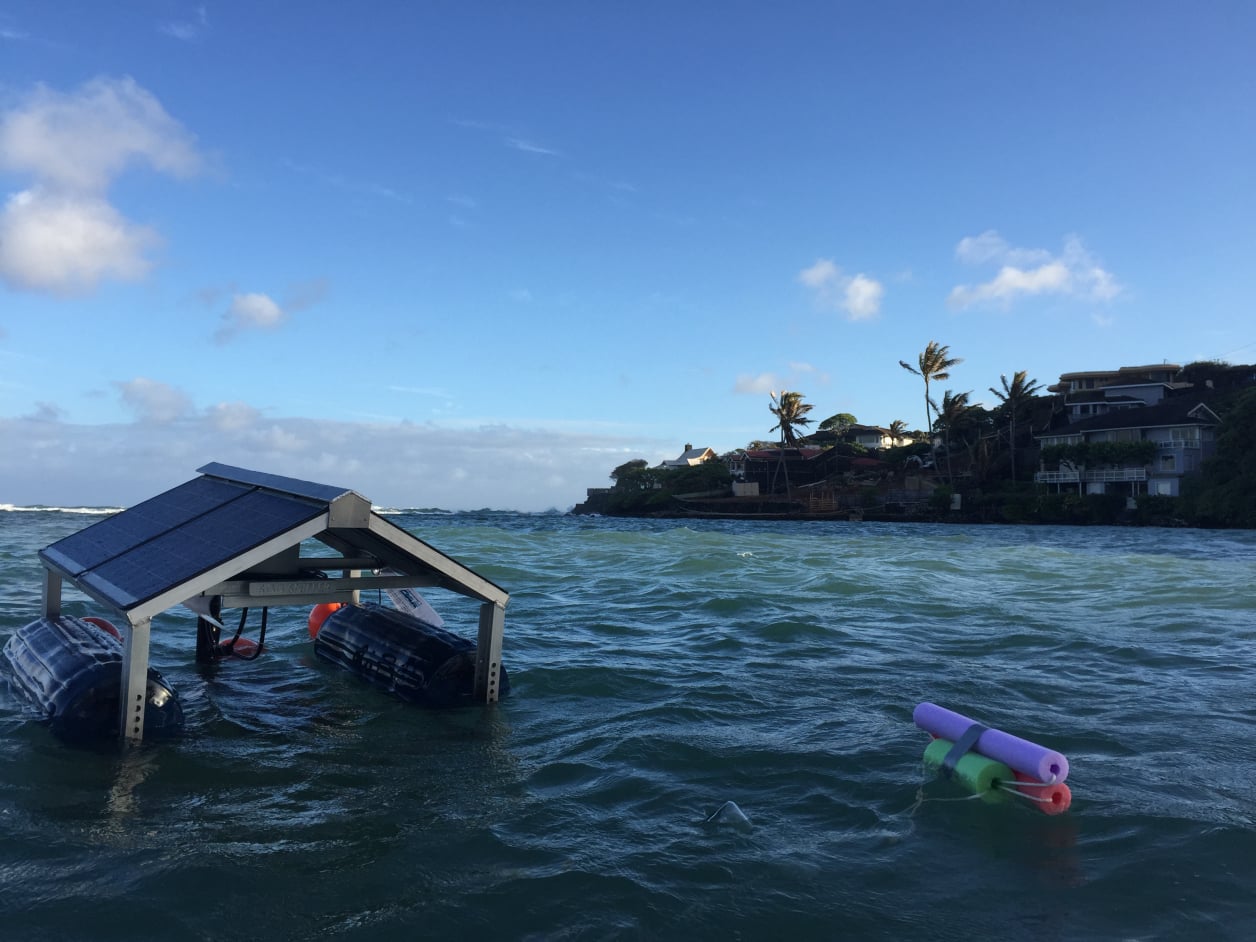Coastal Groundwater

The impacts of climate change on coastal groundwater
Coastal groundwater is a critical water resource for many communities and can be a key part of coastal ecosystems. Owing to its location, coastal groundwater faces both terrestrial and marine effects of climate change. Sea-level rise, coastal flooding increases and precipitation and aridity changes will drive alterations in the amount, chemistry and fluxes of coastal groundwater. Impacts could also arise from changes in storm and cyclone activity, land and ocean temperature rises, cryosphere melt, ocean chemistry and coastal erosion, but the overall effect is understudied.
We are examining consequences and responses of coastal groundwater processes to diverse climate change stressors to address these knowledge gaps. This work is also being complemented through my work as a member of the United Nations GESAMP Working Group 45.
Read more: The impacts of climate change on coastal groundwater
Nature Reviews Earth and Environment

Nitrogen sourcing in coastal groundwater
Nutrient pollution of coastal waters may arise from terrestrial non-point sources of N and P such as onsite sewage disposal systems and fertilizer leachate. Submarine groundwater discharge is widely recognized as an important conduit for the transport of land-sourced N and P to coastal environments, but source tracking can be challenging. We address issues in determining nutrient sources and variability by using stable isotope ratios of 15N and 18O of nitrate as a proxy for nitrate source.
Read more: Sources and spatial variability of groundwater-delivered nutrients in Maunalua Bay, Oʻahu, Hawai‘i
Journal of Hydrology: Regional Studies

Coastal groundwater's influence on nearshore coral reef biogeochemistry
Submarine groundwater discharge has been widely documented in coral reefs around the world. Submarine groundwater discharge is geochemically distinct and typically enriched in dissolved solutes relative to both fresh surface water and receiving marine waters, and as a result may affect biochemical functions of coral reef ecosystems where it occurs. The effects of submarine groundwater discharge and associated material fluxes on carbon cycling have been largely overlooked in coastal reef studies, however.
Read more: Submarine groundwater discharge drives biogeochemistry in two Hawaiian reefs
Limnology and Oceanography
Stay Connected